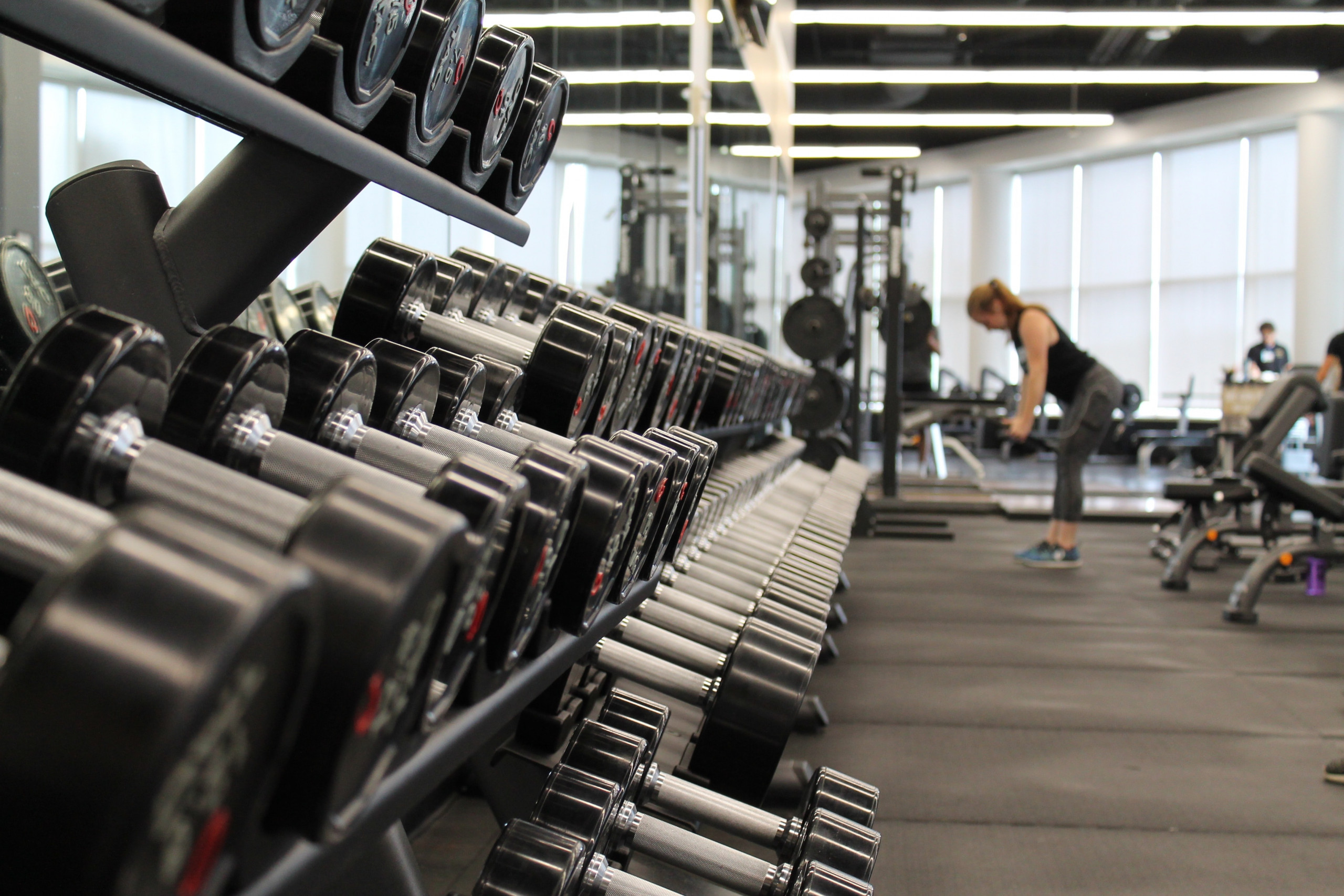How Gym Culture Affects Eating Disorders
I’m sure we are all familiar with being encouraged to ‘get beach body ready’ or to ‘shed those pounds’ at exercise classes. How often do you check your favourite fitness influencers social media page for their meal plans? Or walk back and forth in your garden because you haven’t met your ‘step goal’ for the day? We all know that exercise is good for our bodies, but there can come a point where it becomes an unhealthy obsession.
Understanding your motivation for exercising is key. Some people exercise with the goal of weight loss to improve their health, others exercise for stress relief, increased confidence, or social connection. Is it coming from a place of love or punishment? I started to realise that exercising at the gym was not enjoyable for me. It was intimidating being around super fit people using complex machines who all seemed to know what they were doing. I felt like everyone was looking at me and would always end up just using the treadmill. I was bored doing the same thing every time out of fear, exercise became a chore. Instead, I joined a netball team with a group of friends and exercise has now become a much more positive experience for me. Taking part in a sport is a lot more enjoyable for me and often I don’t even think of it as exercise, especially with a group. My friends and I aren’t particularly competitive either, we just enjoy getting together once a week and having a laugh.
Gym culture can promote a competitive atmosphere. “Athletic competitiveness is great — to a point” Bhrett McCabe, PhD, Clinical Sports Psychologist, Birmingham, Alabama. But when we naturally feel pressure to compare ourselves to others, it can leave us feeling stress, resentment and push us to give up entirely. How can I get stronger? How can I get faster? How can I get skinnier?
I started having ballet lessons when I was 4 years old, and as I got into my early teens, I started to notice that none of the other girls looked like me. They were all petite, slim and strong and so was my teacher. I was never directly told to lose weight by my teachers, It was my own self-consciousness that led me to quit. I wish I wasn’t so focused on others around me, and I wish I had been exposed to dancers with larger bodies who looked like me.
Social media plays a big part in creating unrealistic expectations. If following your favourite fitness influencer has allowed you to find inspiration and motivation for your fitness journey, that’s great! However, the reality is that most of the time these influencers are not health professionals, and their results are not sustainable long term. Many even use performance-enhancing drugs or weigh loss pills to keep up the façade on social media. They all also apparently have a professional photographer, hair stylist and makeup artist on hand 24/7. So, if you’re sat there thinking why don’t I look like that? Even they don’t look like that!
For individuals with eating disorders, exercise can become a way to exert control over their bodies and to compensate for caloric intake. Sometimes exercising will take priority and interfere with other important activities in their day. Over exercising can cause individuals to be in discomfort or even injured after doing so. They may feel guilt and stress when not exercising or even exercise in secret. It’s important for those struggling with eating disorders or symptoms to seek help from a mental health professional. Exercise should never be used as a form of punishment. Believe it or not, exercise should be fun and approached as a positive activity, rather than as a chore or obligation!

Contributed by Megan Heappey,
Marketing and Communications Officer


